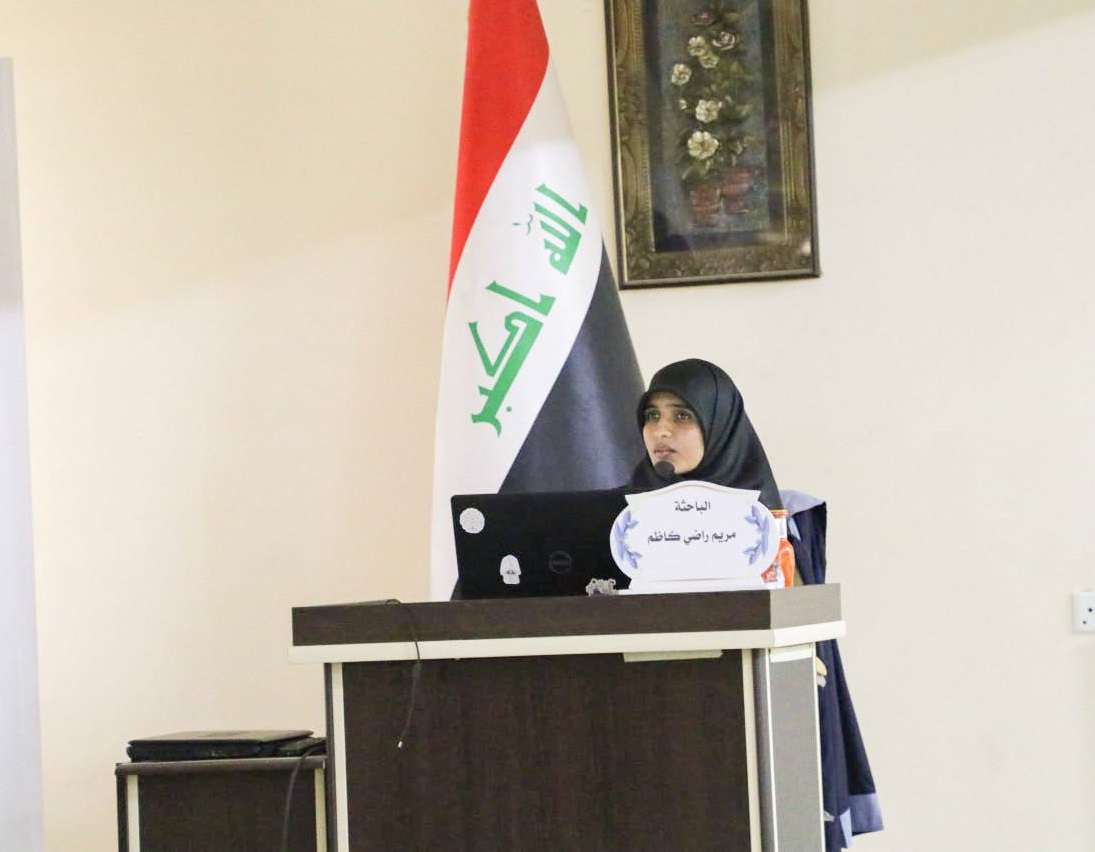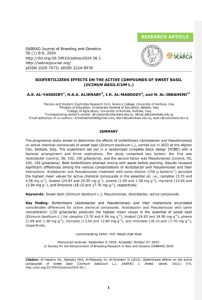A master’s thesis in the College of Science at the University of Karbala explored Chitosan and Dopamine/Hexamolybdates as novel nanostructures for drug delivery systems.
The research, conducted by student Maryam Radi Kazem from the Department of Chemistry, aimed to examine the self-assembly of organic and inorganic hybrids using polyoxometalates (POM), hexamolybdates, chitosan, and dopamine to create new three-dimensional nanostructures. These nanostructures were then evaluated for their suitability as nanocarriers for the chemotherapy drug Temozolomide (TMZ). The release of TMZ from the nanocarrier was studied under different pH conditions.
The study focused on two main aspects: the first centered on the fabrication of hierarchical nanostructures specifically designed to load TMZ. The amount of drug loaded onto the prepared Chitosan-POM and Dopamine-POM nanostructures was determined using high-performance liquid chromatography (HPLC) at different loading times. The second part of the study investigated the release of TMZ from the nanostructures.
The study concluded the preparation of new nanocarriers made from Chitosan and Dopamine with POM loaded with TMZ. The drug loading percentages were 21% for Chitosan-POM and 38% for Dopamine-POM, with self-assembly used as a method for oral drug delivery.































































